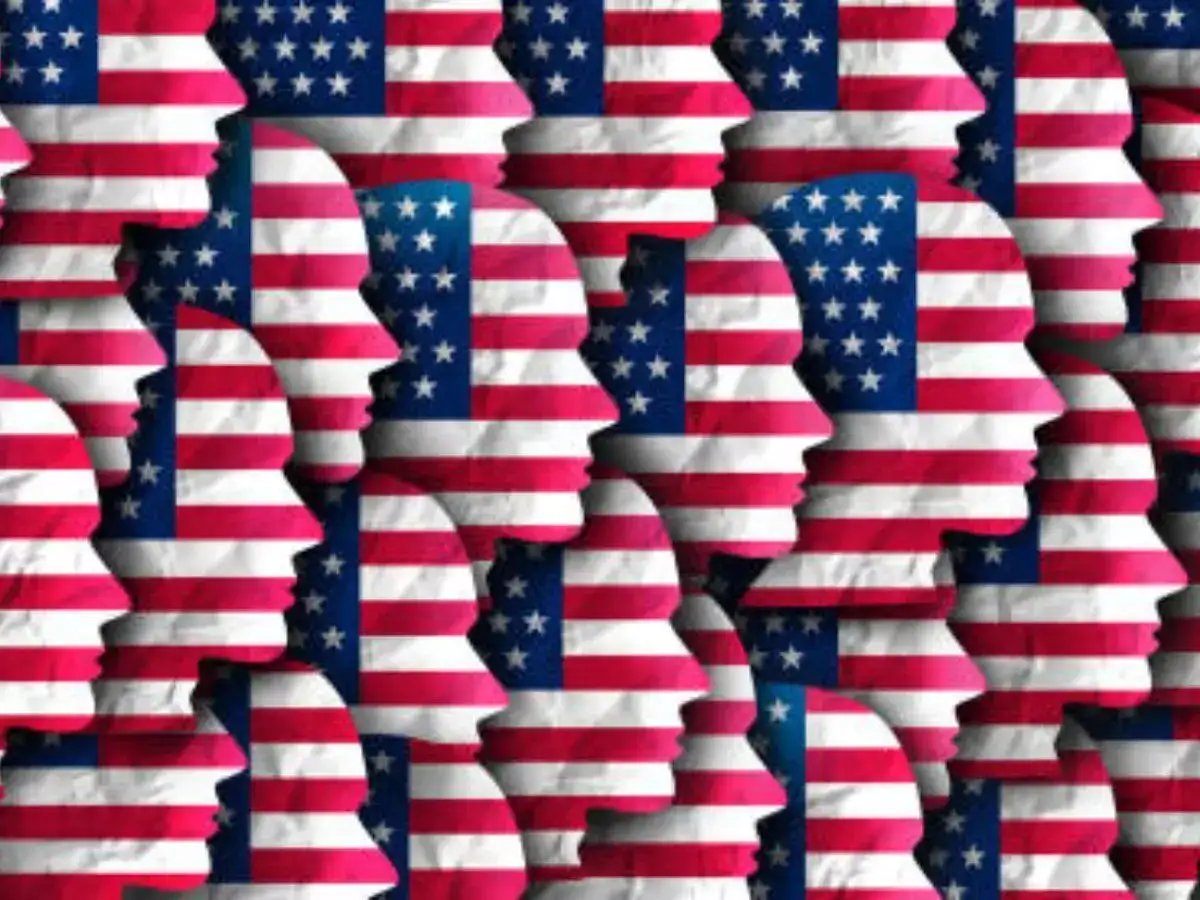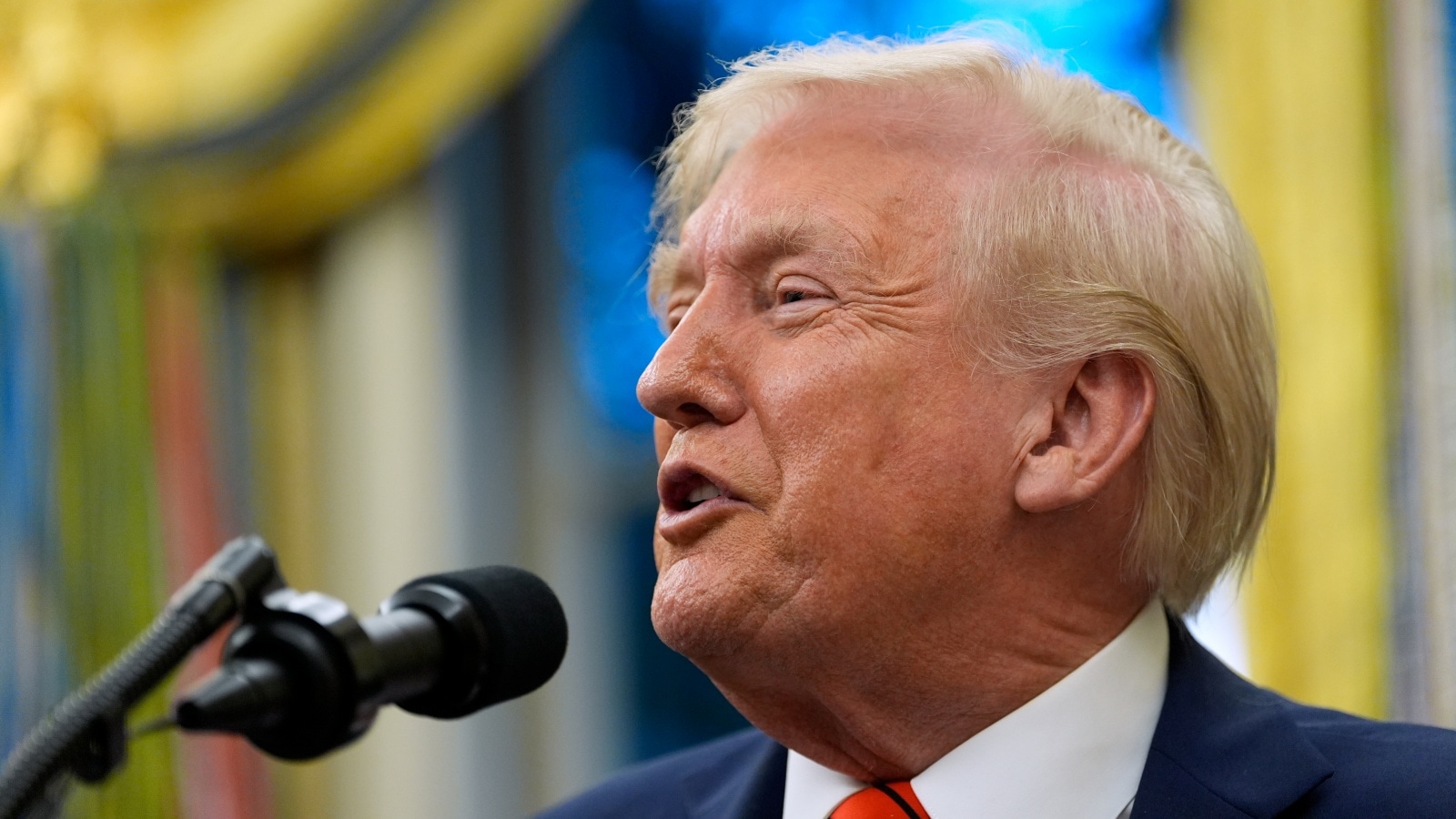US Chamber of Commerce and Universities Challenge $100,000 H-1B Visa Fee in Court
This high-stakes lawsuit could redefine the cost and accessibility of H-1B visas for employers, directly impacting talent acquisition for US innovation and research.
Subscribe to our newsletter and stay informed about latest H1B news, policy updates and and other developments.
Article Summary
Leading research universities and the US Chamber of Commerce have filed a lawsuit against the Trump administration over a new $100,000 H-1B visa filing fee. They argue the fee, a significant increase from the previous $3,600, disrupts congressional intent and harms institutions' ability to hire skilled foreign professionals. The lawsuit challenges the legality of the fee and its potential negative impact on innovation and recruitment.
Original Article: economictimes.indiatimes.com
[ Sentiment: negative | Tone: factual ]
This summary and analysis were generated by TheNewsPublisher's editorial AI. This content is for informational purposes only; it does not constitute legal or immigration advice.
[ Sentiment: negative | Tone: factual ]
This summary and analysis were generated by TheNewsPublisher's editorial AI. This content is for informational purposes only; it does not constitute legal or immigration advice.
TNP AI: Key Insights
This lawsuit directly impacts the financial viability of hiring H-1B workers, particularly for non-profit research institutions and smaller businesses who rely on these visas for specialized talent. If upheld, the $100,000 fee could drastically reduce the number of new H-1B petitions, creating significant talent gaps in critical sectors like technology and scientific research.
The previous H-1B filing fees, around $3,600, were established to cover administrative costs and specific program initiatives, not as a prohibitive barrier. This new $100,000 fee represents an unprecedented increase that fundamentally alters the program's economic structure, potentially shifting the competitive landscape for international talent away from the U.S. towards countries with more predictable and lower-cost skilled worker programs.
For universities, this fee could severely limit their ability to attract top international researchers and faculty, potentially hindering scientific advancement and global competitiveness. For businesses, especially startups, it adds an immense financial burden, potentially forcing them to reconsider US-based hiring of foreign talent or explore options in other countries. Stakeholders should note that the fee applies only to fresh H-1B petitions and is set to expire in 12 months unless extended before the March 2026 H-1B lottery, indicating a critical period of uncertainty.





